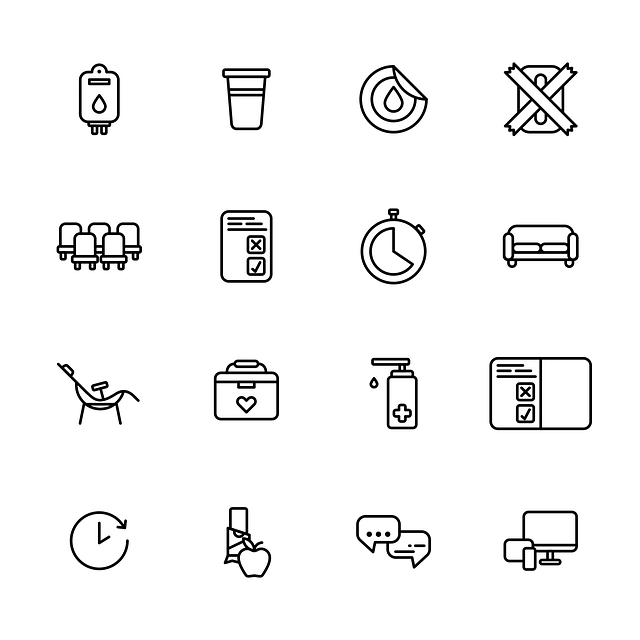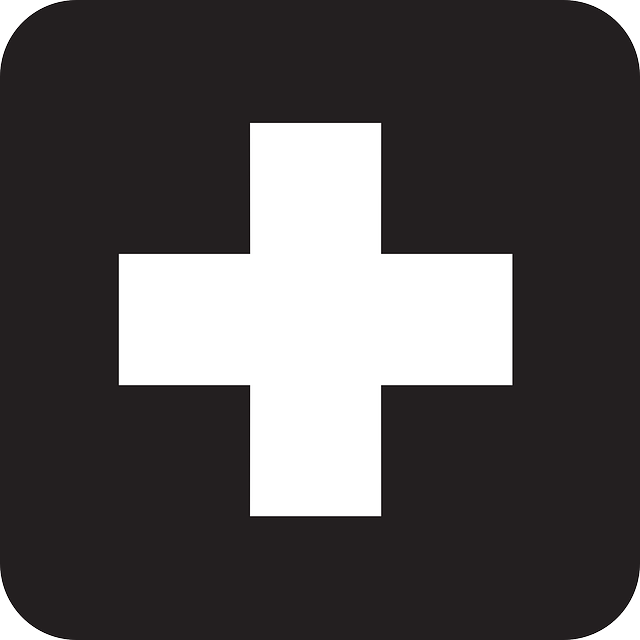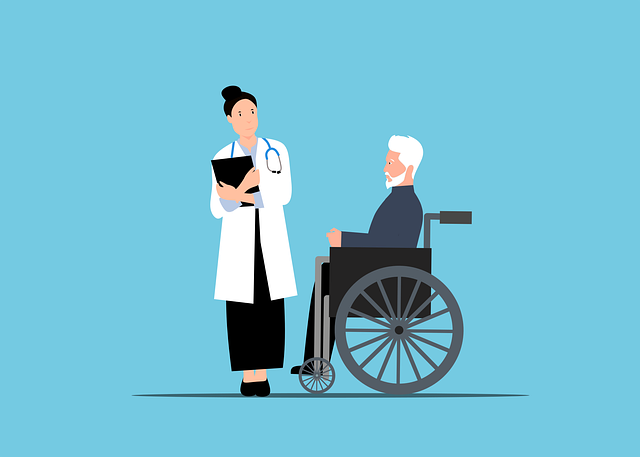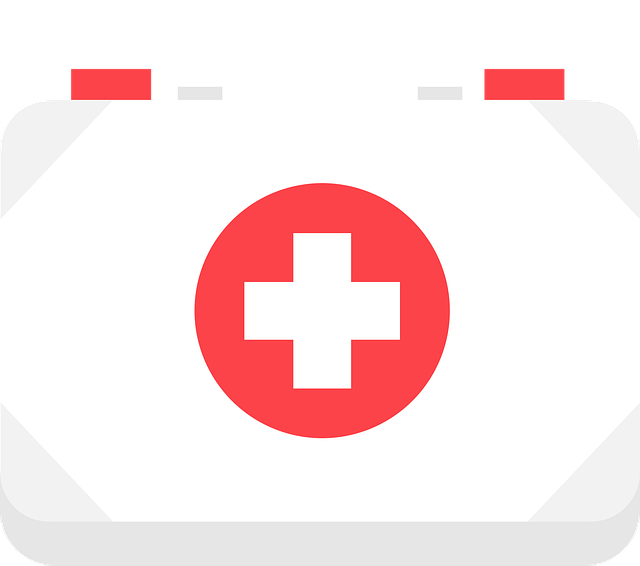In South Africa, individuals must choose between Medical Aid (private, comprehensive with provider network) and Health Insurance (public, universal access with potential limitations). Factors like healthcare needs, budget, and preferences determine the optimal choice. Medical Aid offers broader coverage but higher costs and limited providers; Health Insurance provides flexibility and accessible care at potentially lower costs but fewer specialist options. Understanding these distinctions is key for making informed decisions regarding Medical Aid vs Health Insurance within South Africa's healthcare system.
In South Africa, understanding the distinction between medical aid and health insurance is crucial for citizens seeking optimal healthcare coverage. This article delves into these two critical components of healthcare risk management, exploring their unique characteristics in the South African context. We dissect key differences, analyze benefits and drawbacks, and guide readers through making an informed decision between medical aid and health insurance options to ensure they receive the best care at a reasonable cost.
- Understanding Medical Aid and Health Insurance in South Africa
- Key Differences Between Medical Aid and Health Insurance
- Benefits and Drawbacks of Medical Aid for South Africans
- Advantages and Disadvantages of Health Insurance Options
- Making an Informed Decision: Choosing the Right Option for You
Understanding Medical Aid and Health Insurance in South Africa
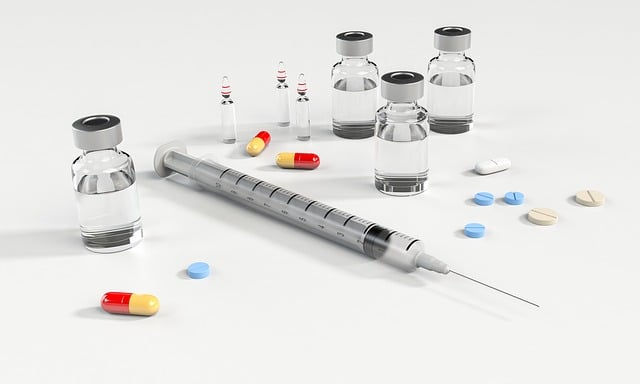
In South Africa, both medical aid and health insurance serve as financial safety nets for individuals’ healthcare needs, but they function differently. Medical aid is a type of private insurance scheme that focuses on providing members with access to a network of healthcare providers and specialists. It typically offers comprehensive coverage for various medical procedures, including hospital stays, surgeries, and regular check-ups. On the other hand, health insurance is a public system funded by contributions from citizens, offering basic healthcare cover to all South Africans. It primarily covers essential services and medications but may have limitations in terms of service providers and specialist access.
When considering Medical Aid vs Health Insurance, it’s crucial to understand your healthcare needs, budget, and preferences. Medical aid usually caters to a broader range of medical expenses and provides more flexibility in choosing healthcare professionals. In contrast, health insurance is designed to ensure universal access to essential healthcare services, making it a reliable option for those seeking affordable coverage with fewer choices. The choice between the two depends on individual circumstances, as each has its advantages and limitations within South Africa’s healthcare landscape.
Key Differences Between Medical Aid and Health Insurance
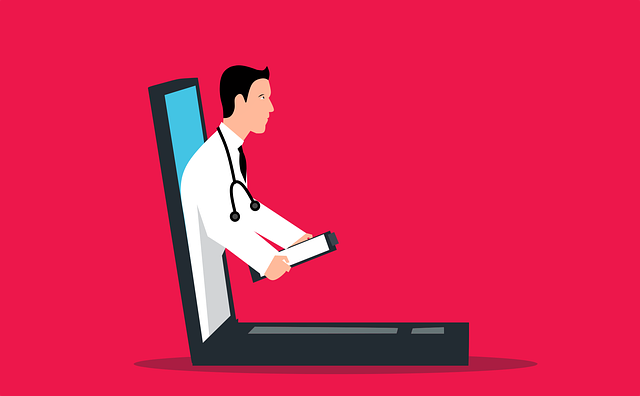
When comparing Medical Aid vs Health Insurance for South Africans, understanding their key differences is crucial to making an informed choice. Medical Aid schemes are typically provided by employers and offer a range of benefits, including chronic disease management, preventative care, and often, lower out-of-pocket expenses like co-pays. They also tend to have a broader network of healthcare providers. On the other hand, Health Insurance is bought individually and usually covers specific medical procedures and treatments. While it may offer higher levels of flexibility in terms of provider choice, it often has higher deductibles and out-of-pocket costs.
Moreover, Medical Aid often includes benefits like maternity care, dental treatment, and mental health services as standard, whereas Health Insurance policies may require separate add-ons for these services. Medical Aid vs Health Insurance choices ultimately hinge on individual needs, budget, and employment status. For employed individuals with access to a company scheme, Medical Aid might be the preferred option due to its comprehensive benefits and employer contributions. For the self-employed or those without employer-sponsored plans, Health Insurance provides necessary coverage at a time when it’s most needed.
Benefits and Drawbacks of Medical Aid for South Africans
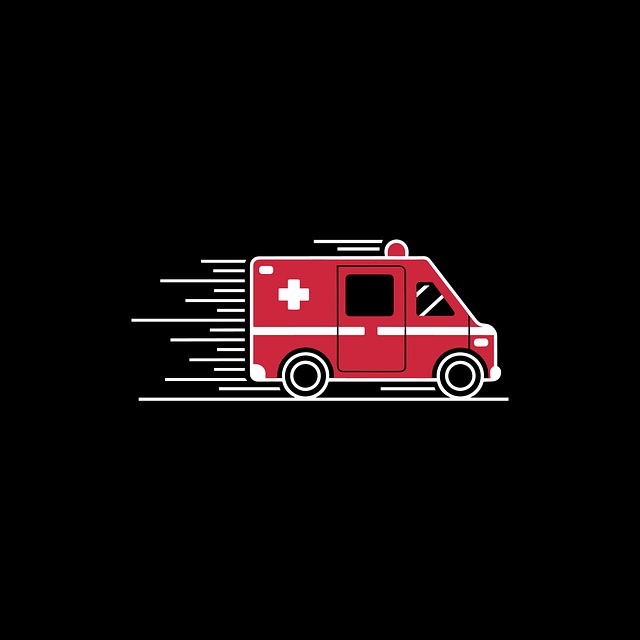
Medical Aid in South Africa offers a range of benefits tailored to meet the unique healthcare needs of its citizens. One of its key advantages is the comprehensive cover it provides, including hospital stays, specialist consultations, and various medical procedures. Members often have access to a network of hospitals and healthcare providers, ensuring convenient and quality care. Additionally, Medical Aid schemes often include preventive care benefits, encouraging regular check-ups and early detection of potential health issues. This proactive approach can lead to better long-term health outcomes.
However, there are also drawbacks to consider when it comes to Medical Aid. The primary drawback is the cost, as membership fees and co-pays can be substantial, making it a significant financial commitment for many South Africans. Out-of-pocket expenses for specific treatments or procedures may also apply, which could result in unexpected financial burdens. Furthermore, some Medical Aid plans might have limited options when it comes to choosing healthcare service providers, potentially restricting members’ autonomy in their treatment choices. In contrast, health insurance typically offers more flexibility and control over provider selection while often providing similar coverage benefits as Medical Aid.
Advantages and Disadvantages of Health Insurance Options
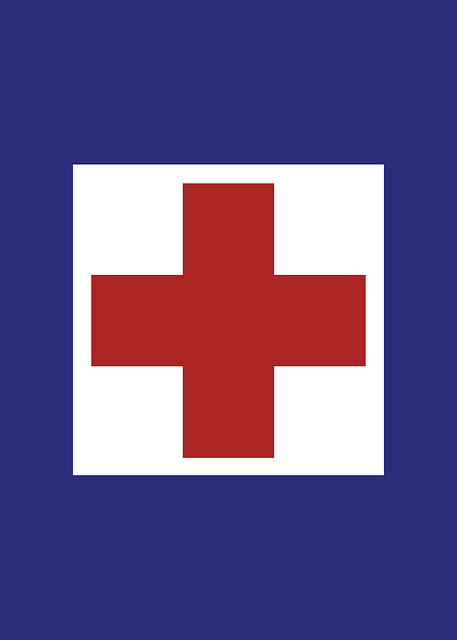
When comparing medical aid vs health insurance, understanding the advantages and disadvantages of each is key for South Africans to make an informed choice. Health insurance is a policy that covers specific medical expenses, offering peace of mind in case of unexpected illnesses or injuries. One of its main benefits is accessibility; it allows individuals to access any healthcare provider within their network, promoting flexibility. However, health insurance often comes with higher monthly premiums compared to medical aid and may have limited options for specialized treatments or procedures. Additionally, claims processes can sometimes be complex and time-consuming.
On the other hand, medical aid schemes provide comprehensive healthcare coverage for a capped amount, meaning members contribute towards specific medical expenses up to a certain limit. This model offers advantages like lower monthly payments and the potential for tax benefits. Medical aid also encourages preventive care through regular check-ups and screenings. However, limited provider networks might restrict choice, and waiting periods for specific treatments or procedures are common. Members may also face higher out-of-pocket expenses during hospitalization or when utilizing non-network providers.
Making an Informed Decision: Choosing the Right Option for You
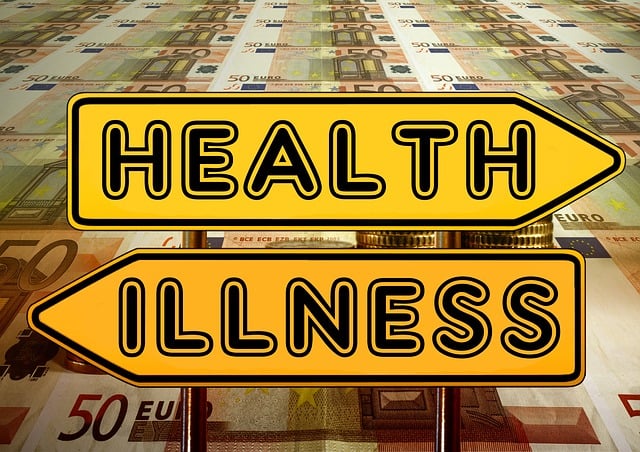
When deciding between medical aid and health insurance, understanding your personal needs is key. Both options offer financial protection against healthcare costs but differ in structure and benefits. Medical aid is typically provided by employers or purchased privately, focusing on a range of services including hospital stays, specialist consultations, and chronic disease management. It often includes a network of hospitals and doctors, with members paying monthly premiums.
Health insurance, on the other hand, tends to be more flexible and accessible. It covers unforeseen medical expenses, such as accidents or sudden illnesses, and usually involves out-of-pocket expenses like deductibles and co-pays. While health insurance may not offer the same range of services as medical aid, it provides a safety net for unexpected healthcare needs. Ultimately, the right choice depends on individual circumstances, including budget, health status, and preferred level of coverage.
When deciding between medical aid and health insurance in South Africa, understanding your healthcare needs and financial situation is key. Both options offer valuable coverage, but with distinct variations. Medical aid tends to focus on comprehensive care within a managed network, while health insurance provides more flexibility and individualised plans. Considering your budget, preferred healthcare providers, and the specific benefits that align with your requirements will help you make an informed choice between these two essential tools for managing your health expenses in South Africa.

